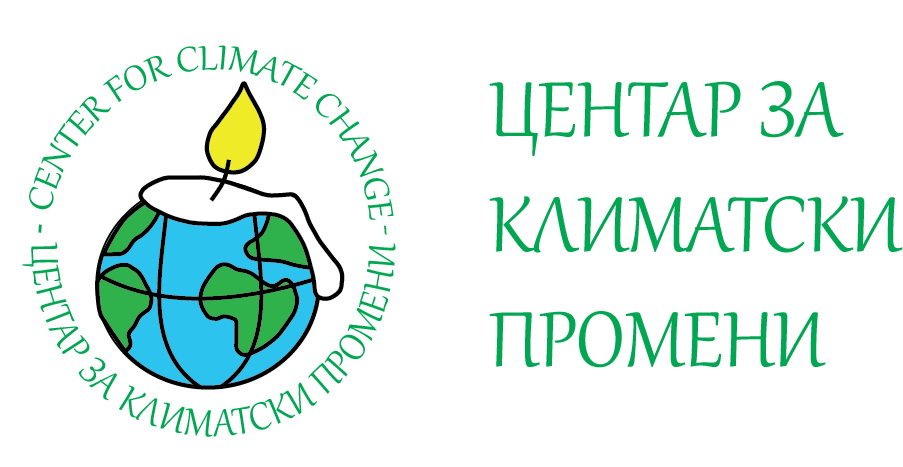The main aim of the project is to assist the country in mainstreaming and integration of climate change consideration into national and sectoral development policies by providing continuity to the institutional and technical capacity strengthening process, partly initiated and sustained by the National Communications and the First Biennial Update Report on Climate Change (FBUR). As per the United Nations Framework Convention on Climate Change (UNFCCC) guidelines, the BURs should also provide updated information on financial resources, technology transfer, capacity-building and technical support received from the Global Environment Facility, Parties included in Annex II to the Convention and other developed country Parties, the Green Climate Fund and multilateral institutions for activities relating to climate change, including for the preparation of the current biennial update report.
CCC was responsible for providing updated information on financial resources (international and national), technology transfer, capacity-building and technical support relevant to climate change for the period 2014-2016 that shall serve as relevant chapter for the SBUR.
Main responsibilities:
- To review the relevant chapter of the First BUR, recommendations from the technical revision of the First BUR, and latest UNFCCC guidelines for preparation of BURs;
- Identify data gaps and inconsistencies, and possible reasons for the data gaps and inconsistencies;
- Identify additional relevant national data sources and databases which can be utilized for the needs of the BURs preparation;
- Propose method(s) that will improve collection of data and information on national resources allocated for climate change;
- Review the state and budgets of the local governments, identify relevant budget lines that can be used for climate finance reporting, and prepare a summary of the financial information (state and local levels);
- Develop a questionnaire for data collection on climate change 1) Technology Gaps/Needs; 2) Capacity Gaps/Needs and 3) Financial Gaps/Needs (initial template shall be provided by the project office);
- Support climate change data collection, questionnaire distribution and analyze the results;
- Identify relevant climate change project implemented by NGOs and other entities (e.g. Chamber of Commerce members, private sector) and provide summary of financial allocations per sectors/entities;
- Take stock of the technical support received from the Global Environment Facility, the Green Climate Fund and multilateral institutions for activities relating to climate change (type of projects and financial support received);
- Compile and analyze the collected data for climate change activities implemented in the country for the period 2014 – 2016 (to the extent possible):
- Climate change finance from international and from national sources – governmental budget, local budget, private funding etc.
- Financial, technical and capacity-building support received from the Global Environment Facility, Parties included in Annex II to the Convention and other developed country Parties, the Green Climate Fund and multilateral institutions for activities related to climate change;
- Information on constraints and gaps, and related financial, technical and capacity-building needs (on national and local level);
- Information on technology needs, which must be nationally determined, and on technology support received;
- Technology, financial and capacity needs for implementation of mitigation actions on local level assessed.
Project duration: May – October 2017
Financed by: United Nations Development Programme, Country in Macedonia
